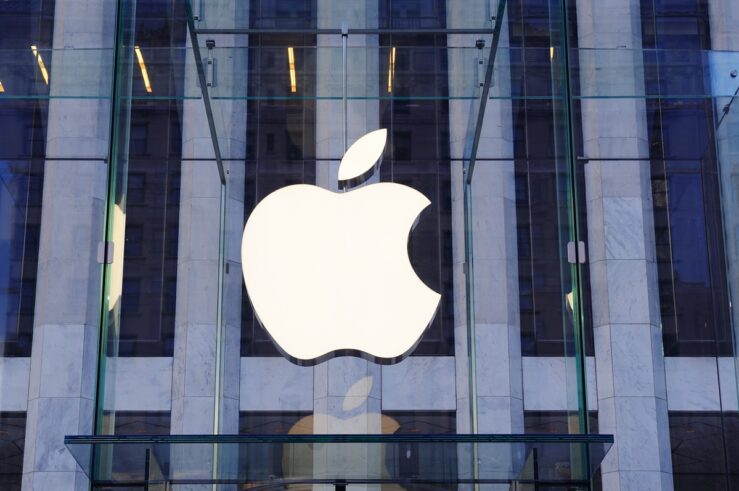[Jonathan Baker (American University, currently on leave at the Federal Communications Commission where he is Chief Economist) has written the following response to Josh’s earlier post commenting on Baker’s forthcoming article: Preserving a Political Bargain: The Political Economy of the Non-Interventionist Challenge to Monopolization Enforcement. Eds.]
Thanks to Josh for engaging with my article in such a thoughtful way. No author can ask for more.
I have a brief response. My paper is about monopolization enforcement so I will focus my comments on that offense (as Josh generally does, though he occasionally brings in other topics like resale price maintenance and vertical integration).
Josh and I mainly disagree as to the source of the primary pressure on the political bargain over the past decade: Josh says it is from the regulatory side; I say it is from the non-interventionist side. In order to make a colorable case, Josh focuses not on the past decade but on the last two years, after control of both the White House and Congress shifted to the Democrats. But it is hard to see a sea change in that change of control. Since 2008 the enforcement agencies have not initiated a wave of monopolization cases (whether based on post-Chicago thinking, pre-Chicago thinking or behavioral economics), and the only new monopolization legislation with serious prospects for success has involved the pay for delay problem (where Congress has come close to adopting the longstanding bipartisan position of the FTC). Nor have we have seen a political mobilization to attack monopolies. The “too big to fail” issue in financial regulation is concerned with moral hazard not market power, and the Citizens United decision raised concerns about the political power of corporations, not their ability to charge prices above competitive levels. Nor does market power appear to be a leading concern of the Tea Party activists, the most successful political mobilization of the past year (though I don’t know where they stand on antitrust enforcement specifically).
I’ll leave the rest of my affirmative case to my paper and respond to a few of Josh’s specific points.
AAG Varney’s comment. I don’t see how an offhand remark by the current AAG about false positives can be equated to the sustained institutional effort of multiple AAGs during the previous administration – amicus briefs, speeches, the Section 2 report, etc. – to cut back on Section 2. (By the way, I agree with Josh that most of the detailed analysis in the Section 2 report was unexceptional; the fuss was over the conclusions that DOJ drew which the FTC majority declined to accept.)
Error costs. Josh says that the modern Supreme Court’s monopolization-related decisions have adopted an error cost framework for evaluating doctrinal changes, and appears to argue (the post is not quite explicit) that doing so makes the rest of the dicta and holdings of those decisions mainstream antitrust. But the error cost framework per se – a mainstream economic idea – doesn’t imply any substantive conclusion as to monopolization enforcement. It is true that the non-interventionist economic argument that markets are self correcting supports the conclusion that “false positives are more common and more costly than false negatives” (quoting my paper in order to show that it didn’t ignore error costs). But if one accepts instead the counter economic arguments my paper also sets forth – for example that market power is often durable – the balance of error costs would not favor the non-interventionists. (And the empirical evidence Josh mentions, regardless of what it says, is largely irrelevant to a discussion about monopolization because it mainly concerns vertical agreements and resale price maintenance in settings not involving a dominant firm.)
Behavioral economics. The modern economic literature investigating cognitive biases and other behavioral regularities that deviate from rationality has surely influenced how policy-makers think about consumer protection, but I haven’t seen anything more than interesting speculation about how it might influence antitrust. Maybe we will look back in a few decades and see the current advocates of behavioral antitrust as the Aaron Directors of a larger movement (lonely voices in the wilderness now whose minority views eventually become more widely accepted), but I don’t see how Josh can view behavioral economics as creating serious intellectual pressure to move antitrust today.
Section 5 and Intel. It is not wildly interventionist if the FTC issues a complaint that frames a monopolization violation, not a case outside the four corners of the Sherman Act, regardless of what statute the Commission chooses to employ.
Josh and I come at the political economy issues we discuss from different starting points. For that reason, it is interesting that we agree on the potential for conflict between the courts and other governmental actors (though I think we disagree as to whether it is the Trinko majority in the Supreme Court or the Varney-led Antitrust Division that is potentially out of the antitrust mainstream), and that we both suspect that for all the fuss, for the next few years we will only see policy changes on the margin.



